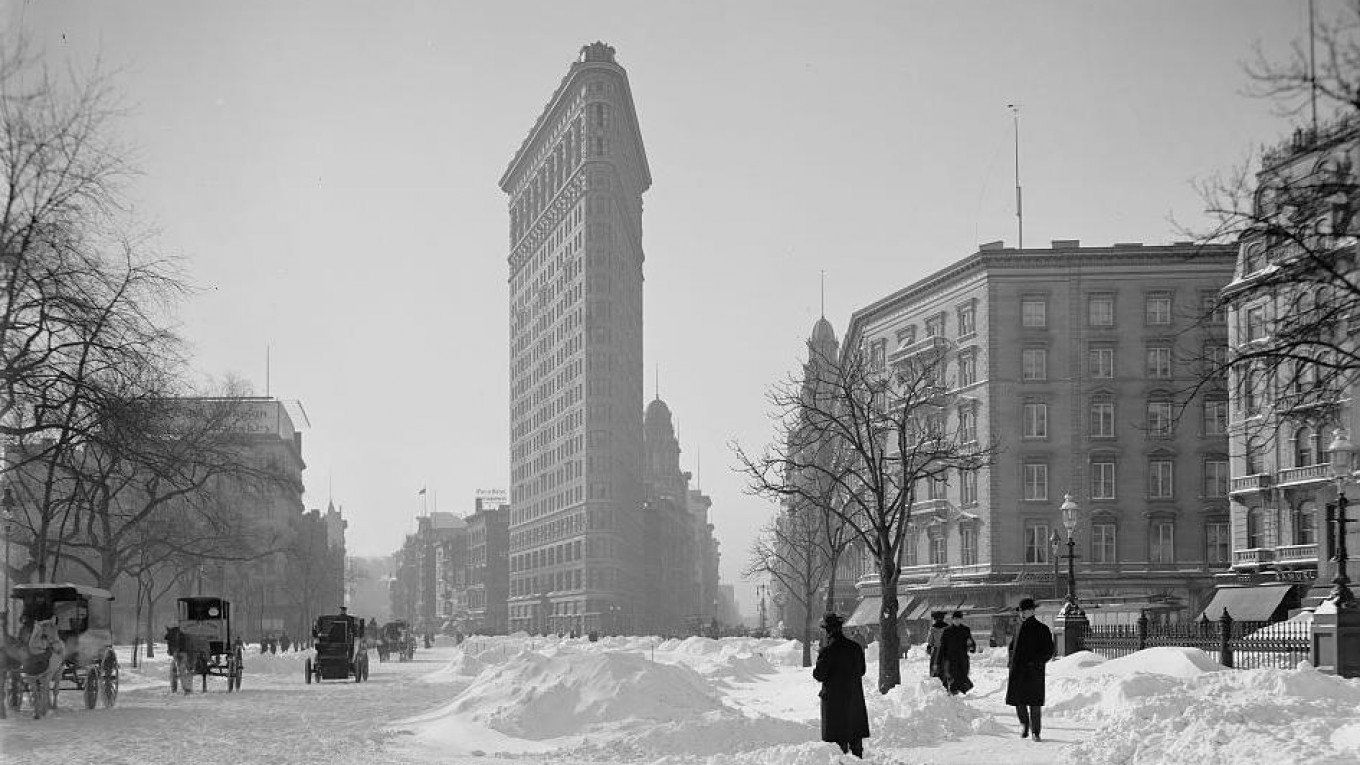The Moscow Times and Project1917 continue to share the most compelling stories from 1917, the year of the Bolshevik Revolution. In the third instalment of this series, which takes place this week one hundred years ago, New York “impresses” Trotsky, while the tsar’s closest friend warns him of the abyss Russia is slipping into. Plus, some examples of Russia’s finest 20th century art. View previous episodes here.
February 6
Leon Trotsky’s observations of life in New York make for a fascinating glimpse into the mind of a Russian revolutionary. During his exile in Spain, the radical anti-war pamphleteer became a burden to the authorities. They sent him on a one-way trip to the U.S.
Here I was in New York, city of prose and fantasy, of capitalist automatism, its streets a triumph of cubism, its moral philosophy that of the dollar. New York impressed me tremendously because, more than any other city in the world, it is the fullest expression of our modern age.
February 7
When you are a tsar, you don’t have many friends. This was the case with Nicholas II, whose closest confidant was his uncle, Grand Duke Alexander Mikhailovich. Alexander wrote a letter to his friend in desperation, warning of Russia’s “certain doom.”
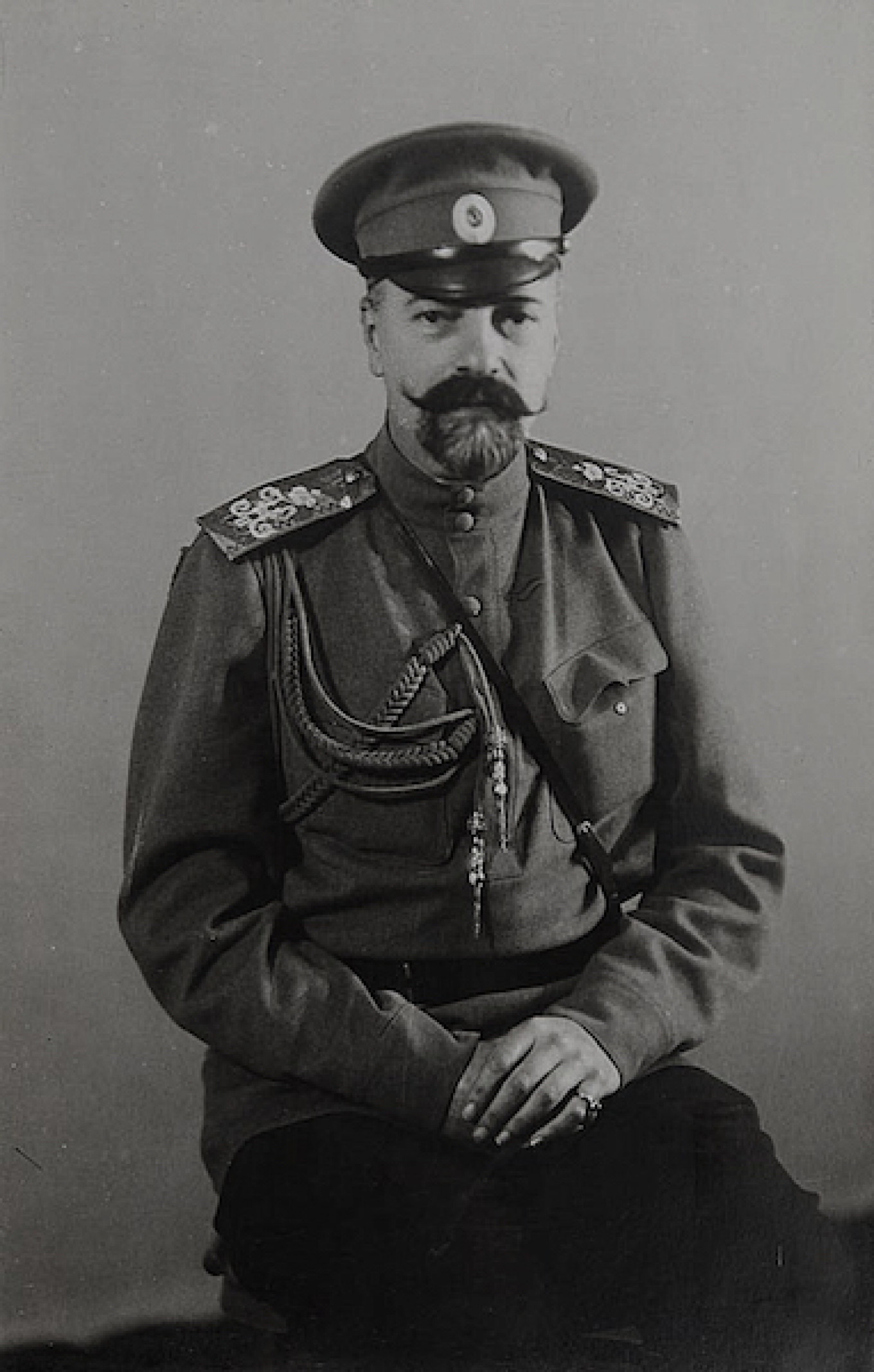
I have been hoping all this time that you would take the course indicated by those people loyal to you, those who love their country not out of a sense of fear but from a belief in what they know to be right. But as events have shown, your advisers have continued to lead Russia – and you – to certain doom. To remain silent in the present circumstances would be a crime before God, before you, and before Russia.
Discontent is growing rapidly; every day that passes brings a widening of the abyss that separates you from your people. Never in the history of the Russian state has the country known such favourable political circumstances: our previous arch-enemy England is on our side, as is Japan and all the other states, all of whom see and feel our power, but who, at the same time, are witness to an utterly inexplicable phenomenon: the complete disarray within our country, which worsens every day. They see that it is not the best, but the worst powers that are now in control of Russia, at a moment when any mistakes we make today will have consequences for our entire history, and they are beginning to doubt us, despite themselves; they see that Russia is blind to her own interests and to the challenges that face her – or rather not Russia herself, but those who rule Russia.
This situation cannot be allowed to continue. In closing, I would like to say that, strange as it may seem, at present it is the government that is preparing the ground for revolution. The people do not want a revolution, but the government is taking every possible step to make as many people dissatisfied as it can, and is succeeding admirably. We are witnessing something unheard-of: a revolution from above, not from below.
Yours faithfully, Sandro.
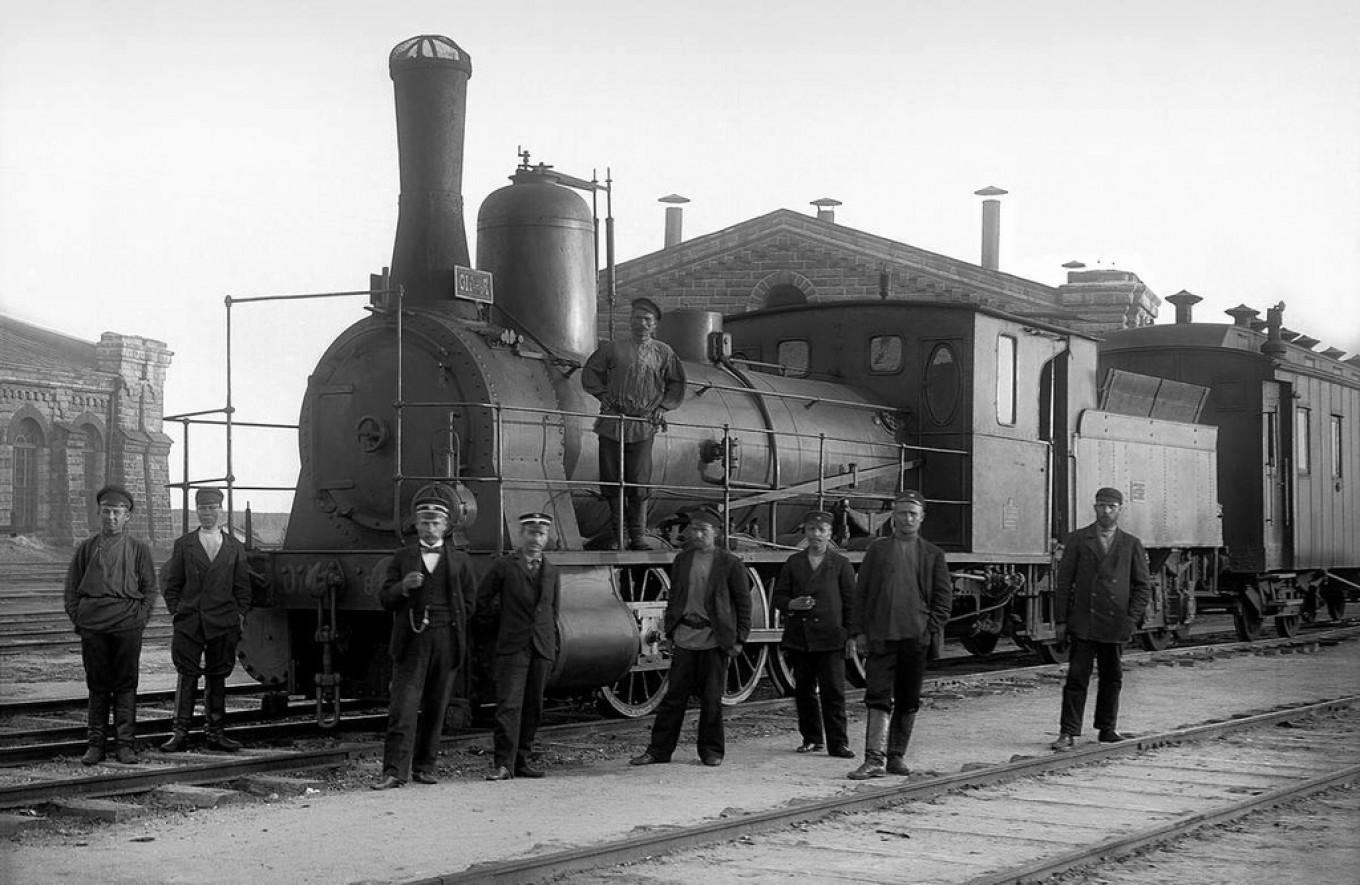
Ferbuary 10
The prominent revolutionary writer Maxim Gorky shares the Grand Duke’s opinion. Gorky is certain that Petrograd is on the brink of famine because of its poorly organized food supply. In fact – spoiler – the lack of bread becomes the immediate spark for the February revolution, unleashed several weeks later.
At yesterday’s meeting on defence in the Mariinsky Palace the minister for transport presented his report: fuel supplies fuel for the Nikolaevsky Railway will be exhausted in four days, and the situation on the other railways is no better; some railways are down to two days’ worth of fuel! This is why goods are not getting into the city. There are 36,000 wagons full of various goods and foodstuffs stranded along the lines, but there are no locomotives to move them, and where locomotives can be found the majority are not in working condition. The situation is critical. If railway transport is stopped for two weeks there will be a famine. There is already no flour here.
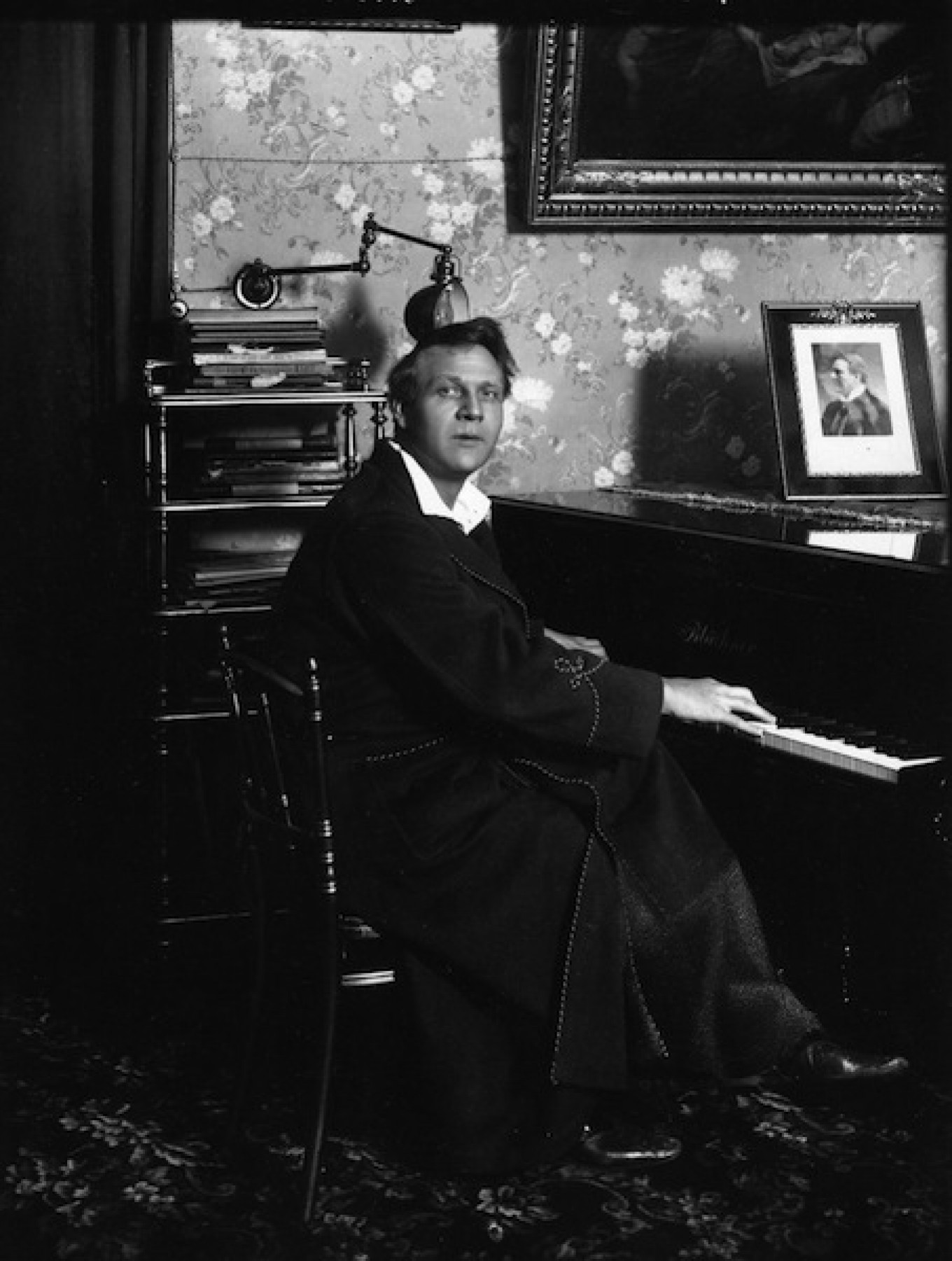
February 10
Listen to Fyodor Shalyapin, the most famous bass opera singer of the early 20th century, perform “Don Carlos” at the Bolshoi Theater.
Ferbruary 12
What’s more, the famed ballerina Anna Pavlova had an important premiere too. Here, she performs "Giselle" at the National Theater in Havana as part of her American tour.
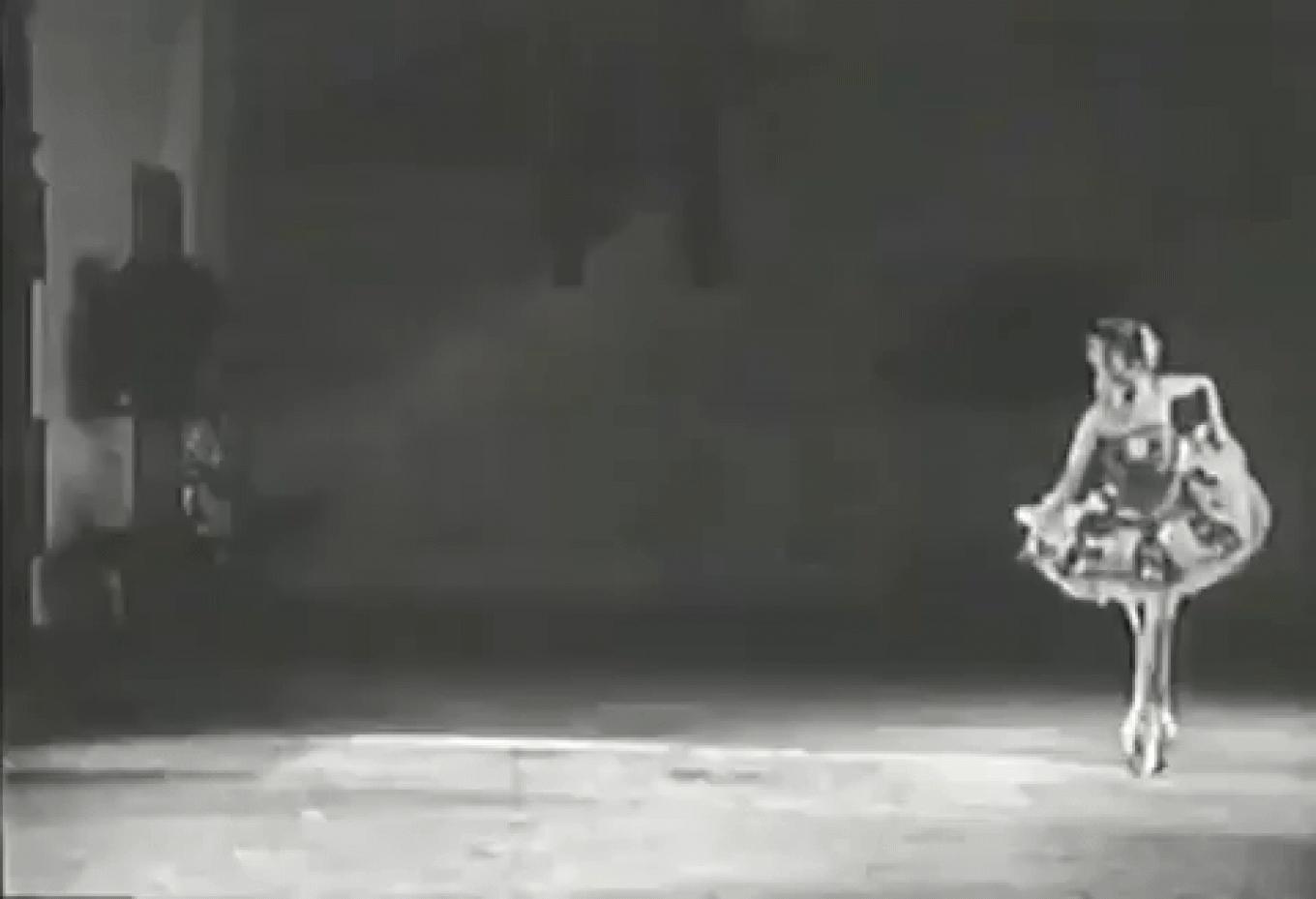
A Message from The Moscow Times:
Dear readers,
We are facing unprecedented challenges. Russia's Prosecutor General's Office has designated The Moscow Times as an "undesirable" organization, criminalizing our work and putting our staff at risk of prosecution. This follows our earlier unjust labeling as a "foreign agent."
These actions are direct attempts to silence independent journalism in Russia. The authorities claim our work "discredits the decisions of the Russian leadership." We see things differently: we strive to provide accurate, unbiased reporting on Russia.
We, the journalists of The Moscow Times, refuse to be silenced. But to continue our work, we need your help.
Your support, no matter how small, makes a world of difference. If you can, please support us monthly starting from just $2. It's quick to set up, and every contribution makes a significant impact.
By supporting The Moscow Times, you're defending open, independent journalism in the face of repression. Thank you for standing with us.
Remind me later.


